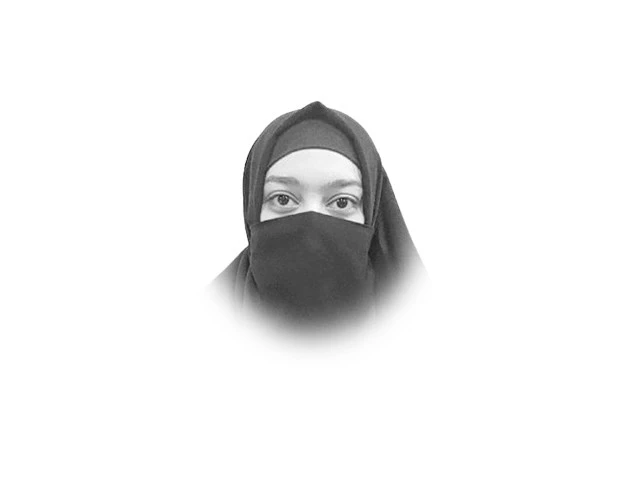The wall disguised as a bridge
Language arrived with British rule and never truly left

In Pakistan, English is more than a language — it's a passport. Those who speak it are welcomed into privilege; those who don't are quietly left behind. Our classrooms, shaped by colonial history and class divide, have turned a tool of learning into a wall of exclusion. The language that once symbolised colonial authority now determines who gets quality education, employment and social mobility. It is not merely a subject taught in schools; it is a gatekeeper of privilege.
The roots of English dominance run deep. The language arrived with British rule and never truly left. Even after independence, Pakistan's leadership equated English with modernity and progress, embedding it into the state's bureaucracy, education and law. Urdu was named the national language, but English remained the language of power — constituting a dual system that privileges the few and excludes the many. As linguist Tariq Rahman notes, English in Pakistan functions less as a means of communication and more as a "symbol of power".
This legacy continues to shape opportunity. The 2023 Annual Status of Education Report (ASER) revealed that only 20 per cent of Grade 5 students in rural government schools could read a simple English sentence meant for Grade 2, compared to 80 per cent in private schools. What should be a shared national education system has fractured into linguistic hierarchies, where access to English determines one's chances in life.
The pressure to learn English is also tied to economic ambition. In 2023, Pakistan's IT sector earned over $2.6 billion in exports, according to the State Bank of Pakistan, a figure largely dependent on English proficiency. Parents, aware of this, push for early English medium education, believing it to be the key to success. But the result is often confusion rather than learning, as children memorise words they cannot understand.
The assumption that English must be introduced early to ensure competitiveness is not universally true. Japan, South Korea and China built world-class economies without sidelining their native languages. They educated children first in their mother tongue, later introducing English as a secondary skill. UNESCO research reinforces this approach, emphasising that children who learn first in their native language develop stronger overall literacy — including in English later on.
Pakistan's scattered attempts at bilingual education offer similar promise. In Sindh, pilot programmes blending Sindhi and English instruction produced students with better comprehension and retention. But such efforts remain underfunded and overshadowed by the dominance of English-medium private schools, which continue to represent prestige rather than pedagogy. Meanwhile, the Single National Curriculum (SNC) has struggled to bridge this divide, largely because many teachers lack the training or English proficiency needed to make it work.
The problem is not English itself, but the privilege it protects. Pakistan needs an education policy that treats language as a bridge, not a border — one that allows every child, regardless of background, to learn and dream in the language they understand best. True progress will come not when everyone speaks English, but when every child can learn without fear of the language they are taught in.















COMMENTS (3)
Comments are moderated and generally will be posted if they are on-topic and not abusive.
For more information, please see our Comments FAQ